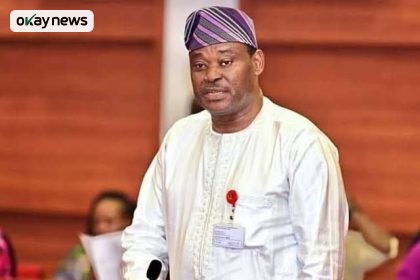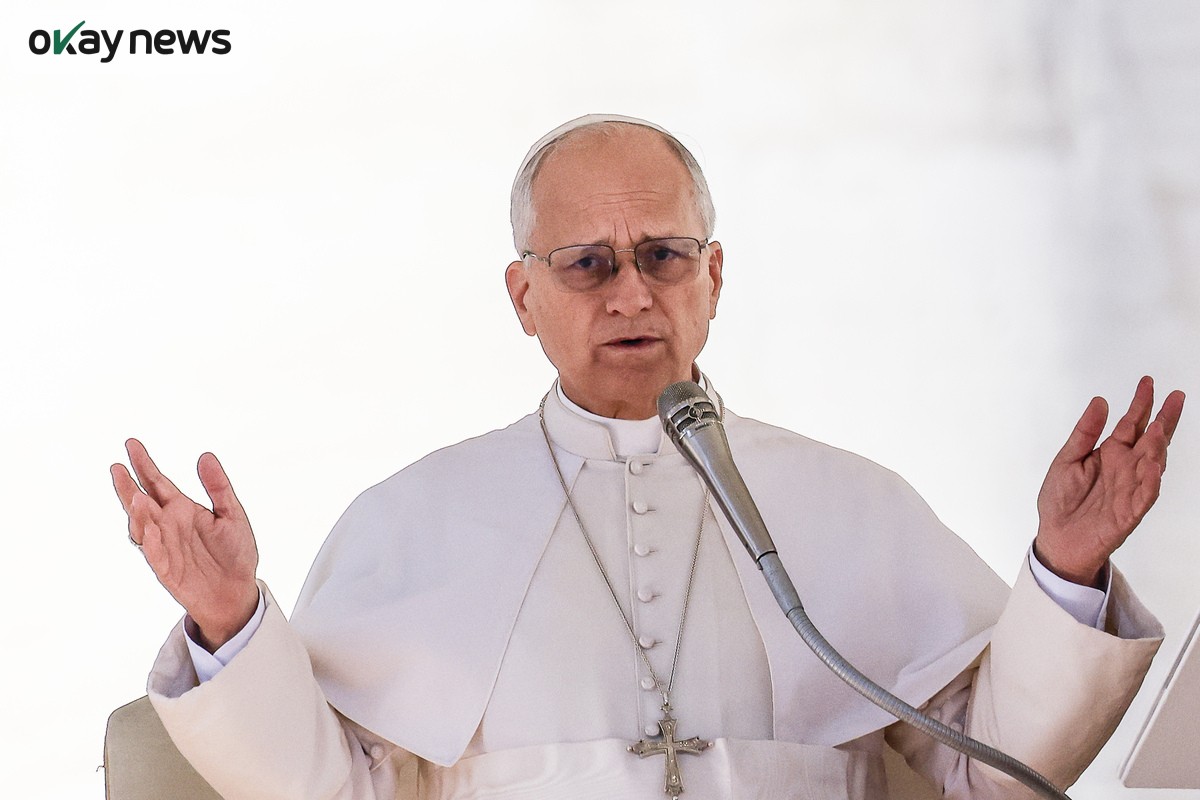The Federal Government has rolled out a revised National Counter-Terrorism Strategy for 2025, emphasizing closer coordination among security agencies and stronger community engagement to combat evolving threats.
Speaking in Abuja on Tuesday during the final validation session of the updated strategy, the National Coordinator of the National Counter-Terrorism Centre (NCTC), Major General Adamu Laka, said the revised plan reflects a renewed commitment to a “whole-of-government and whole-of-society” approach.
“The review of the National Counter-Terrorism Strategy represents a reaffirmation of our whole-of-government and whole-of-society approach to counter-terrorism. It emphasises prevention alongside response, strengthens interagency coordination, and embeds resilience, inclusivity, and community engagement at the core of our security architecture,” Laka stated.
He explained that the process, which began in February 2025, included extensive consultations through workshops, committee deliberations, and stakeholder sessions involving ministries, agencies, civil society, academia, and global partners.
According to him, the validation workshop aimed to ensure that the plan is “clear, realistic, and implementable” while aligning with national priorities and international standards. “We are here to confirm that every section of the strategy addresses the evolving threats we face and that it is a document we can all take ownership of,” he said.
Major General Laka expressed gratitude to all contributors and revealed that the next stage would involve editing and publication. okay.ng reports that the strategy also incorporates input from UN Women and other organisations to strengthen inclusivity.
Commodore Ahmad Madawaki, Director of Policy and Strategy at NCTC, said the revised framework rests on two pillars: the whole-of-government approach, ensuring comprehensive and coordinated action, and the whole-of-society approach, engaging communities, civil organisations, and the private sector to counter extremist narratives.
He added that gender inclusivity, human rights, and international best practices formed part of the review process. “We recognise the importance of grassroots involvement, and the Centre will ensure that state and local governments are actively engaged in the review process, especially in the final phases,” Madawaki said, urging continued international collaboration.







